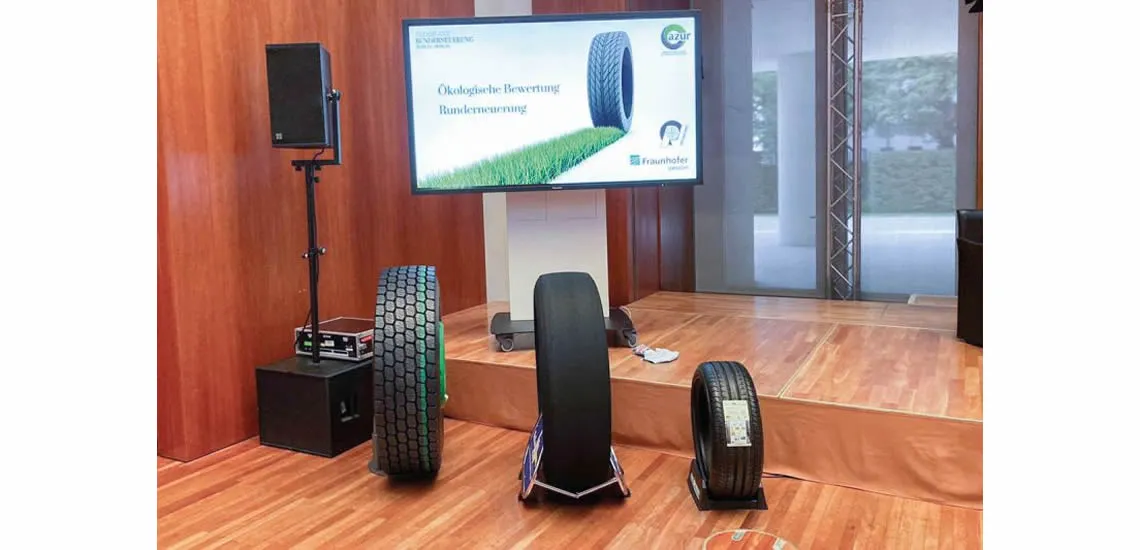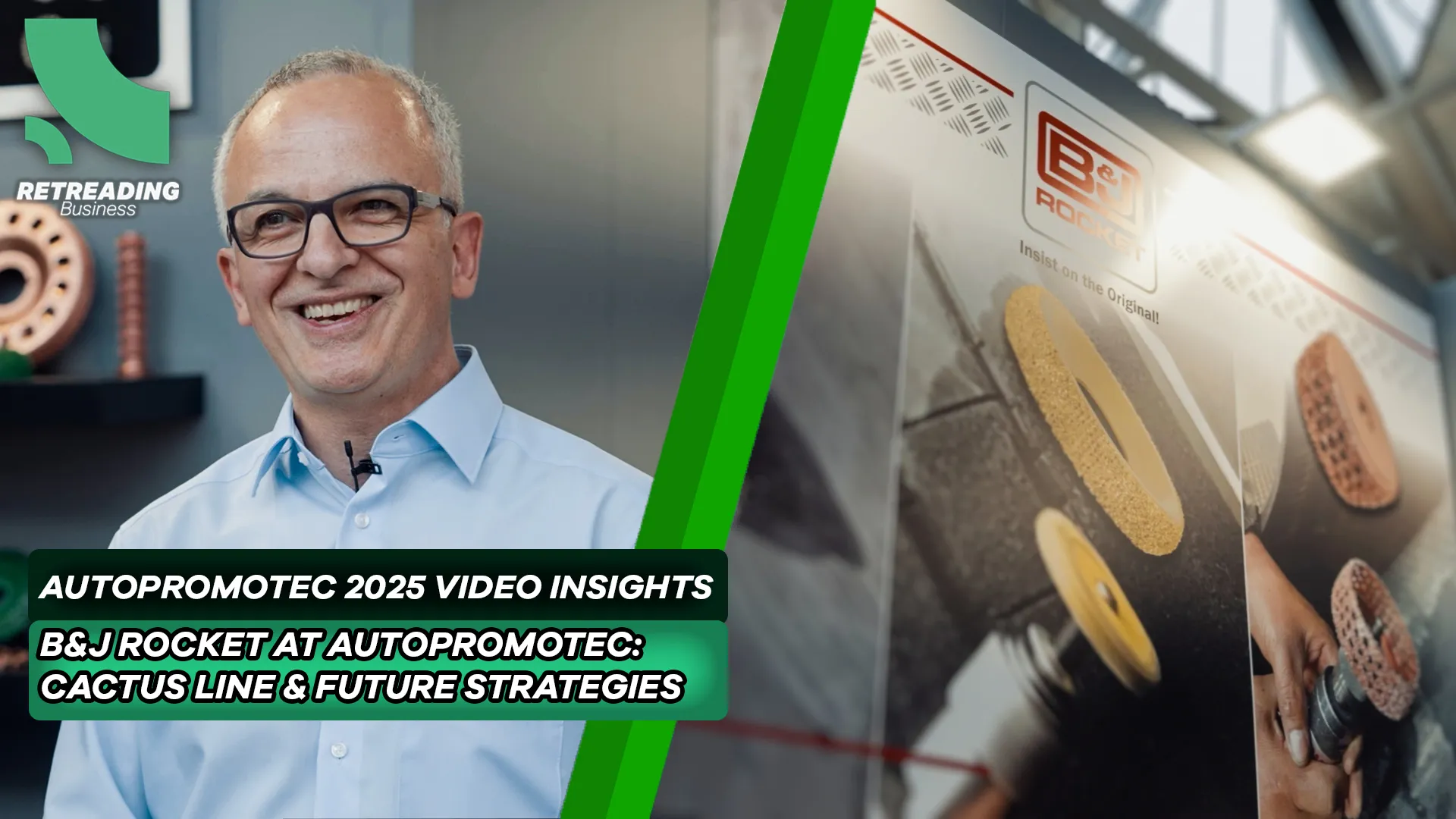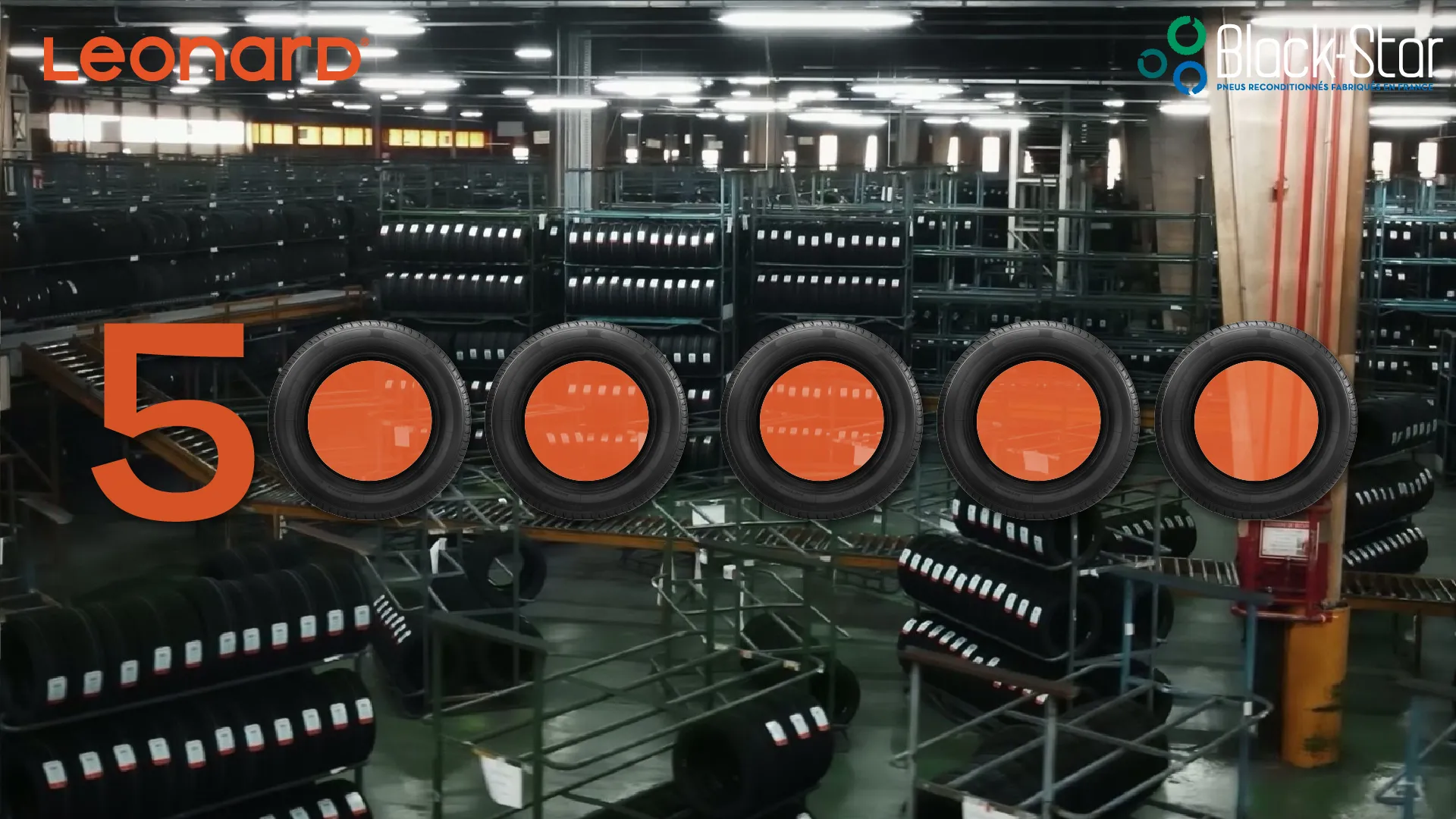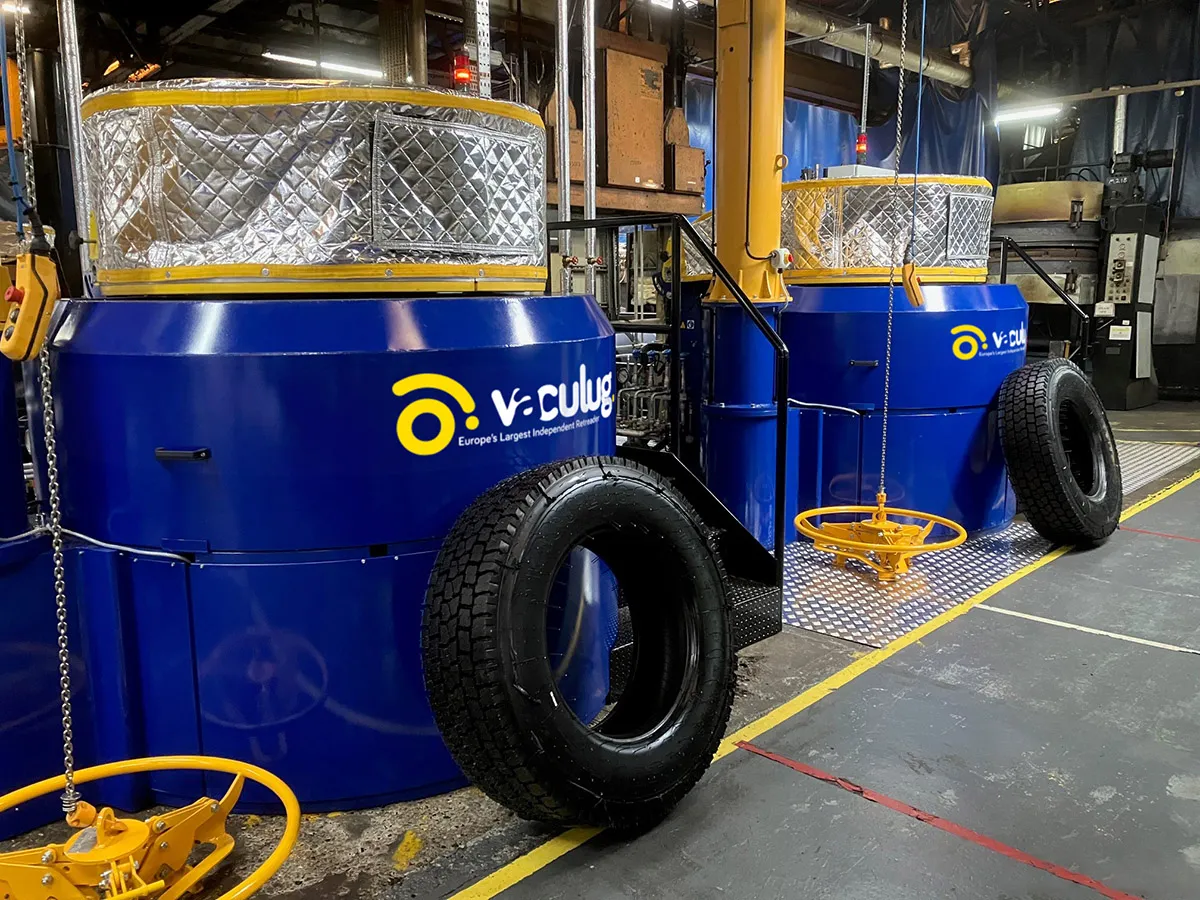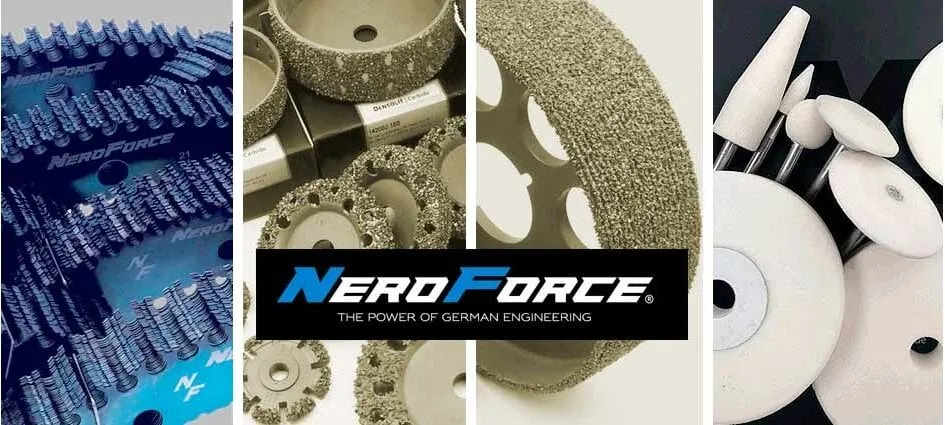According to a current study by the Fraunhofer Institute for Environmental, Safety and Energy Technology (UMSICHT), retreaded tyres produce over 60 percent less CO2 emissions than new tyres of comparable quality.
Life Cycle Analysis Shows Environmental Benefits of Retreaded Tyres
The study commissioned by Allianz Zukunft Reifen (AZuR), which is part of a project funded by the Deutsche Bundesstiftung Umwelt (DBU) with around 91,000 euros, has come to the conclusion that the main reason for this is the saving of energy (electricity/gas) in the manufacturing process and the reduced use of raw m...
Life Cycle Analysis Shows Environmental Benefits of Retreaded Tyres
The study commissioned by Allianz Zukunft Reifen (AZuR), which is part of a project funded by the Deutsche Bundesstiftung Umwelt (DBU) with around 91,000 euros, has come to the conclusion that the main reason for this is the saving of energy (electricity/gas) in the manufacturing process and the reduced use of raw m...

